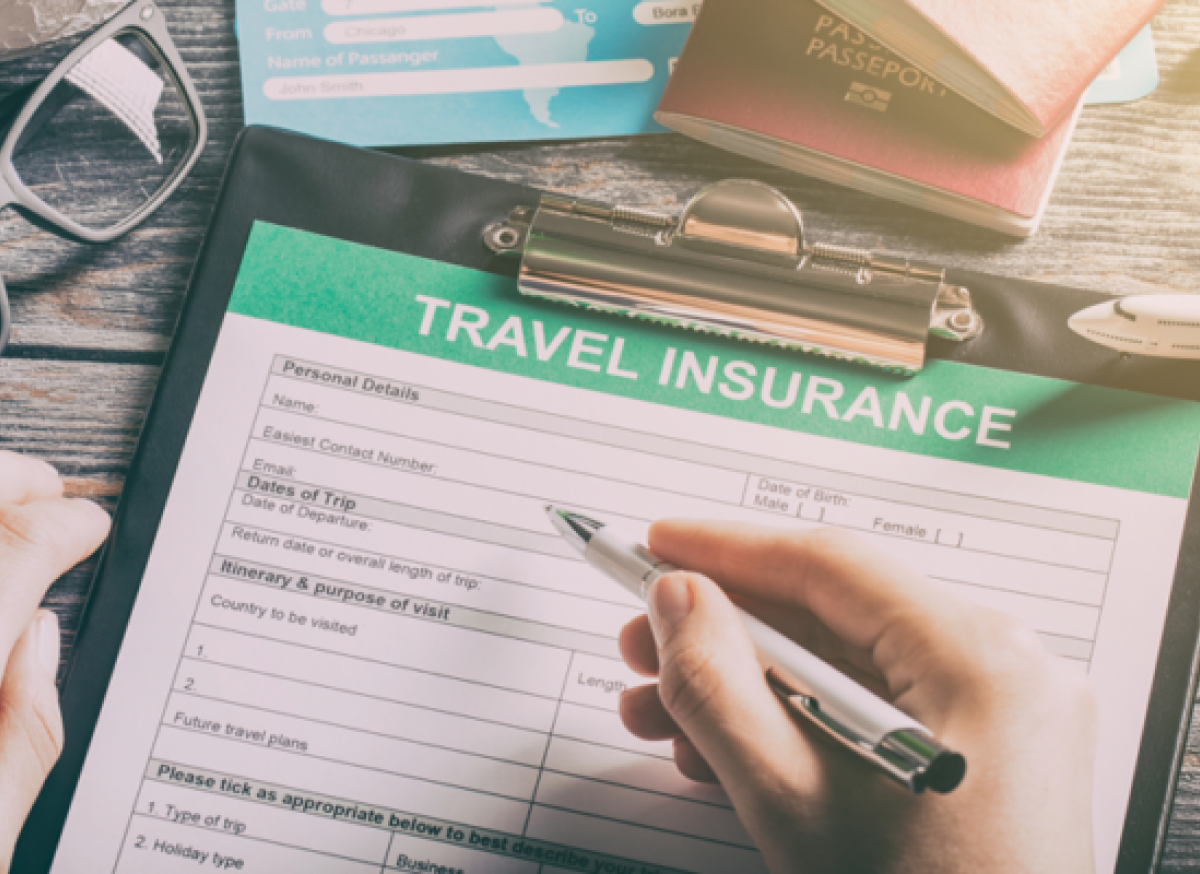Travel insurance purchases were already on the rise by 2018. However, the 2020 pandemic and its resulting travel disruptions compelled a much higher percentage of travelers to purchase insurance. Insurance gives people peace of mind because if things go awry, the policy may reimburse them for their financial investment in the trip.
Table of contents
What Are the Main Benefits of Insurance?
Benefits differ based on the provider and the plan. Always verify what your specific plan includes before purchasing. Also, double-check the fine print for anything that may limit how, when and why you can make a claim on your plan.
Reservation Reimbursement
Policies generally reimburse you for costs not refundable by other means. Some set qualifying cancellation reasons, while others provide reimbursements no matter why you cancel. You may also receive reimbursements for delays or incurring extra fees.
Lost Bags
Airlines lose 25 million bags each year. If yours just happens to be among them, insurance may reimburse you for the value of your personal items.
Rental Car Damage
Accidents happen. If you cause damage to the rental vehicle, your travel insurance policy may help to pay for those damages.
Travel Medical Plan
If you get sick or injured on your trip, your health insurance covers your costs. When it doesn’t or if you don’t have health insurance, travel insurance may pay a portion of the cost.
Emergency Evacuation
If your medical conditions are especially severe, you may need emergency evacuation. You may also need to be transported to another medical facility or even flown home.
Overseas Lawyers
Even with the best research and preparation, you may run afoul of laws abroad. Travel insurance policies may provide 24-hour assistance with finding an attorney.
Who Should Use Travel Insurance?
Not every traveler needs insurance. These are the people who may benefit from it most:
- People who may become anxious about the possibility of losing money on a trip
- Those who may not have the resources or flexibility to simply rebook the trip if they need to cancel
- Anyone who suffers from chronic illnesses or who are especially susceptible during public health crises
- People who do not have access to credit cards with travel rewards
When Should You Buy Travel Insurance?
Not every trip requires travel insurance. If you have a credit card that provides adequate travel coverage, you may not need to purchase a separate policy at all. If you do plan to purchase travel insurance, Forbes warns that you may only do so within 15 days of paying for your trip. So, when should you pay the extra money for peace of mind?
Public Health Crises
Whether there’s a bad flu going around or your area is in the middle of an epidemic, your chances of getting too sick to travel are high. Travel insurance can offer peace of mind against this.
Expensive Trips need excellent Travel Insurance
If your trip is already expensive, the last thing you may want to do is pay more to insure it, but that’s exactly when you should. Expensive is relative, but a good rule of thumb is whether you can afford to lose the money you spent.
Inadequate Credit Card Coverage
Credit card companies may cover reimbursements up to a few thousand dollars. If your trip costs more than this or you plan to engage in outdoor activities, consider purchasing a policy for higher coverage.
Nonrefundable Clauses
Sometimes, you score a travel deal that’s just too good to pass up. Unfortunately, they often have clauses that make them nonrefundable if you need to cancel.
An Example of How Travel Insurance Works
Amy is a travel enthusiast. Every year, she spends her entire vacation traveling in a new corner of the world. In 2020, she chose to backpack through Asia and bought travel insurance for peace of mind.
Unfortunately, Amy arrived in China just as the coronavirus began to spread. She was staying at a hostel and became infected. Her condition became serious, forcing her to miss her flight to Thailand. She also needed to be airlifted to a hospital with better facilities.
Amy’s health insurance company declined to pay for out-of-country expenses, but her credit card’s travel rewards covered her missed flight. Her travel insurance policy paid for her to be airlifted to a better hospital and also covered her week of hospitalization.
Steps for Choosing a Travel Insurance Policy
No one likes shopping for insurance. Consequently, you may feel tempted to accept the first policy offer you receive, but it’s important to shop around first. Follow these steps to help:
- Review any inherent risks in traveling to your planned destination.
- Check the travel rewards provided by all your credit cards and book with the best one.
- If you need additional coverage, shop around for quotes.
- Book your travel insurance policy as soon as possible to avoid a disqualifying event from taking place, such as a natural disaster or virus outbreak.
Quick Questions
There are five main factors that contribute to the eventual cost of your insurance policy:
1. Medical conditions you want to cover
2. Breadth and value of your coverage
3. Length and cost of your trip
4. Cost of local health care
5. Age of travelers
If your credit card doesn’t offer adequate rewards, you can speak directly to a travel insurance company. You can also speak to travel agents, use the same sites you relied on to book your trip or use review sites.
You can do away with travel insurance for domestic travel and short trips. It’s also a bad idea to get policies just to have deliberate flexibility to cancel on a whim.
Would you like more advice on insurance policies? Find that and more at our blog.
